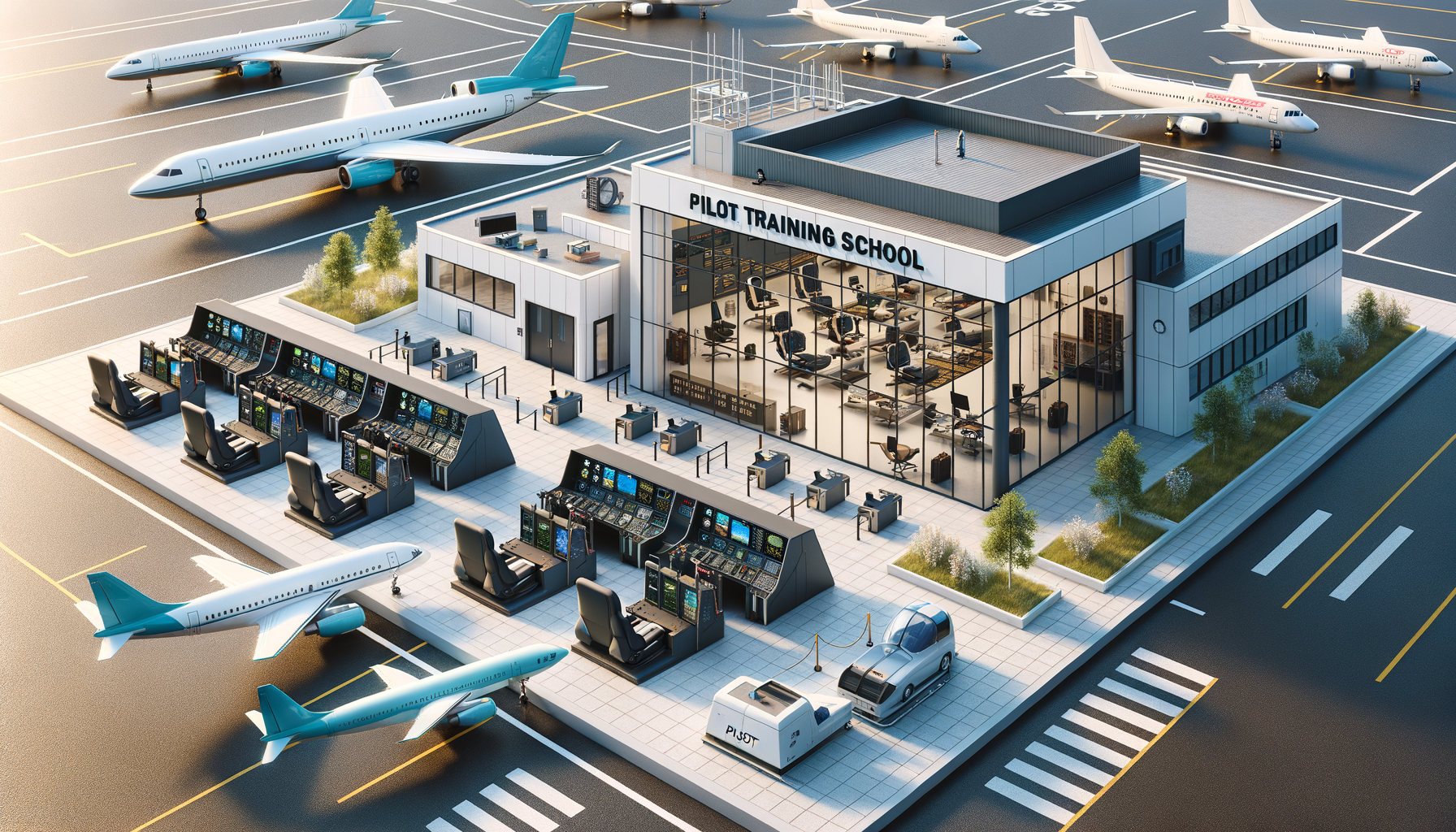Introduction to Pilot Training Schools
Pilot training schools serve as the gateway for aspiring aviators who dream of navigating the skies. These institutions provide a structured environment where students can acquire the necessary skills and knowledge to fly an aircraft safely and effectively. With the aviation industry continuously evolving, the demand for skilled pilots remains robust. This article delves into the various aspects of pilot training schools, highlighting their importance, the curriculum they offer, and the career opportunities available to graduates.
The Importance of Pilot Training Schools
Pilot training schools play a crucial role in the aviation industry by ensuring that pilots are well-prepared to handle the complexities of modern aircraft. The rigorous training programs are designed to instill confidence and competence in students, preparing them for various scenarios they might encounter in the air. These schools are essential for maintaining high safety standards, which are paramount in aviation. By offering a blend of theoretical knowledge and practical experience, pilot training schools ensure that graduates are not only proficient in flying but also adept at making quick, informed decisions under pressure.
Moreover, these institutions contribute significantly to the aviation sector by addressing the global pilot shortage. As air travel continues to grow, the need for qualified pilots is more pressing than ever. Pilot training schools are pivotal in bridging this gap, providing a steady stream of trained professionals ready to take on the challenges of the aviation world.
Curriculum and Training Programs
The curriculum at pilot training schools is comprehensive, covering a wide range of subjects that are essential for a successful career in aviation. Students undergo extensive training in areas such as aerodynamics, meteorology, navigation, and aircraft systems. Additionally, they receive instruction on aviation regulations and safety procedures, ensuring they are well-versed in the legal and ethical aspects of flying.
Training programs typically include both ground school and flight training. Ground school focuses on theoretical knowledge, while flight training provides hands-on experience in the cockpit. This dual approach ensures that students gain a deep understanding of both the science and the art of flying. Many schools also offer advanced training modules, such as instrument flight rules (IFR) and multi-engine training, to equip students with specialized skills that enhance their employability.
- Ground School: Focuses on theoretical knowledge.
- Flight Training: Provides hands-on experience.
- Advanced Modules: Include IFR and multi-engine training.
Choosing the Right Pilot Training School
Selecting the right pilot training school is a critical decision for aspiring pilots. Prospective students should consider several factors, such as the school’s reputation, the quality of its instructors, and the type of aircraft used for training. It’s also important to evaluate the school’s facilities and resources, as these can significantly impact the learning experience.
Accreditation is another crucial aspect to consider. Accredited schools adhere to strict standards and are recognized by aviation authorities, ensuring that the training provided meets industry requirements. Additionally, students should inquire about the school’s placement record and the career support services offered to graduates. A school with a strong network in the aviation industry can provide valuable opportunities for internships and job placements.
Career Opportunities for Graduates
Graduates of pilot training schools have a wide array of career opportunities available to them. Beyond becoming commercial airline pilots, they can explore roles such as flight instructors, charter pilots, and corporate pilots. Some may choose to specialize in areas like aerial photography or agricultural aviation, while others might pursue careers in aviation management or safety inspection.
The aviation industry offers a dynamic and rewarding career path, with opportunities for advancement and specialization. As technology continues to advance, pilots with a strong educational background and diverse skill sets will be in high demand. Pilot training schools provide the foundation for these careers, equipping graduates with the expertise needed to succeed in this exciting field.
- Commercial Airline Pilots
- Flight Instructors
- Corporate Pilots
- Aviation Management Roles




Leave a Reply